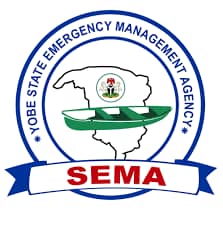
Iliyasu Abdullahi Bah
In a decisive move to confront the state’s recurring flood season, the Yobe State Emergency Management Agency (SEMA), is spearheading a multi-faceted preparedness campaign, urgently calling for unified action from all sectors of society. The initiative underscores a critical shift from reactive disaster response to proactive, collective resilience-building.
The call to action was made in a press briefing on Monday by Dr. Goje Mohammed, Executive Secretary of Yobe SEMA, themed “Strengthening Emergency Response and Building Community Resilience.” Dr. Mohammed outlined the state’s updated preparedness plans while issuing a powerful reminder that mitigating the devastating impacts of flooding requires a whole-of-society approach.
“The journey of building resilience against floods in Yobe State is ongoing,” stated Dr. Mohammed. “We must continue to act decisively, prepare comprehensively, and strengthen partnerships that save lives and protect livelihoods. But beyond this, we must collectively recognize that no single government institution can address these challenges alone.”
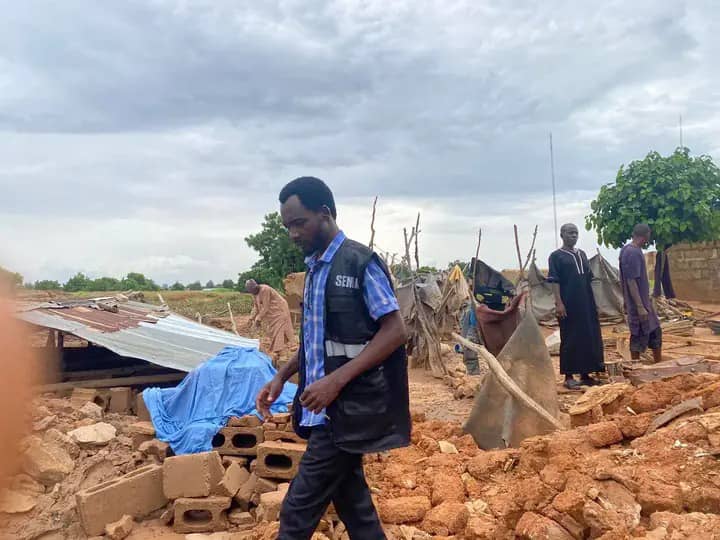
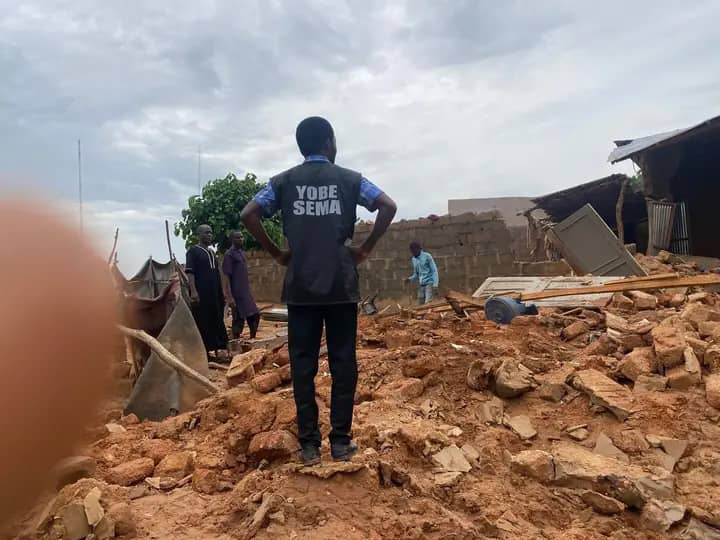
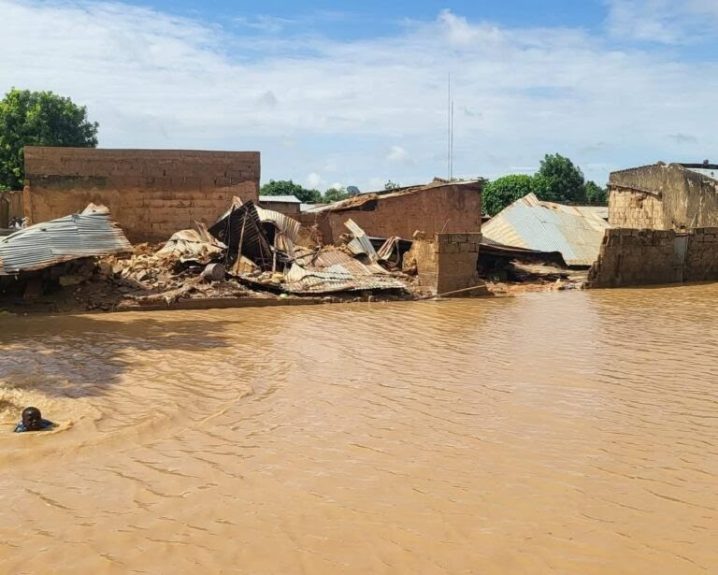
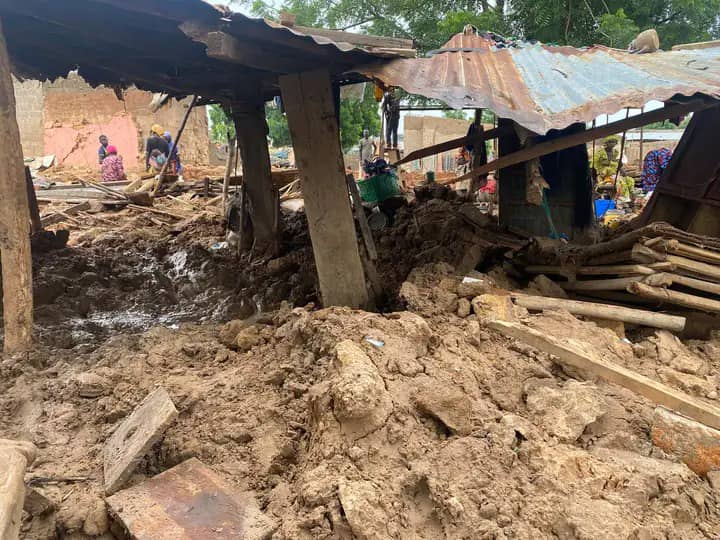
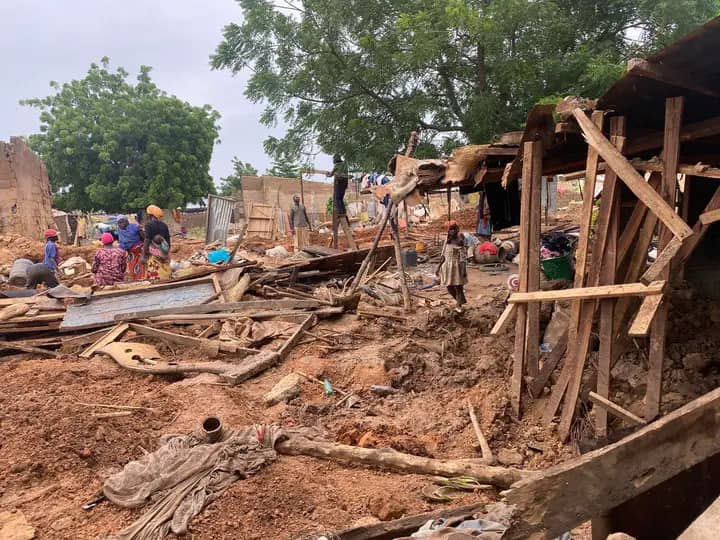
This challenge is particularly acute in Yobe, where natural disasters like seasonal flooding are severely compounded by the lingering effects of conflict, including mass displacement and the destruction of critical infrastructure.
To bolster its efforts, SEMA has formalized a key partnership with the United Nations Office for the Coordination of Humanitarian Affairs (UN OCHA) to enhance flood mitigation and coordinate response engagements across the state.
Dr. Mohammed outlined a clear roadmap for collaboration, urging all stakeholders—including federal agencies, development partners, humanitarian organizations, civil society, the private sector, and local communities—to align their interventions with the state contingency plan.
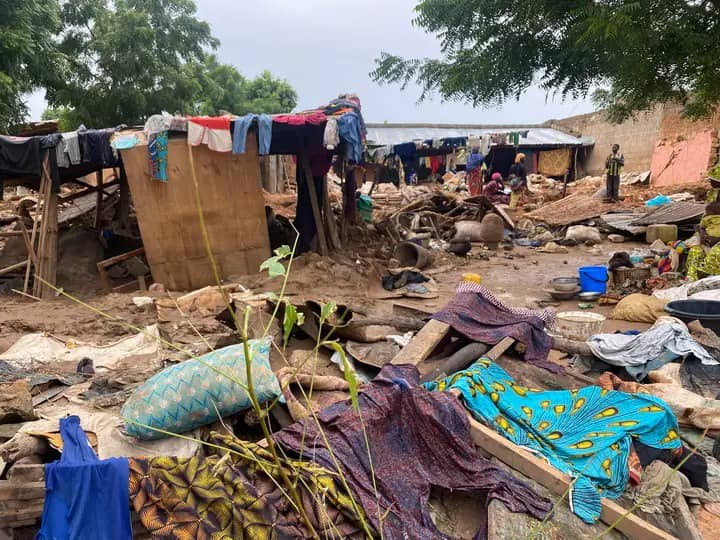
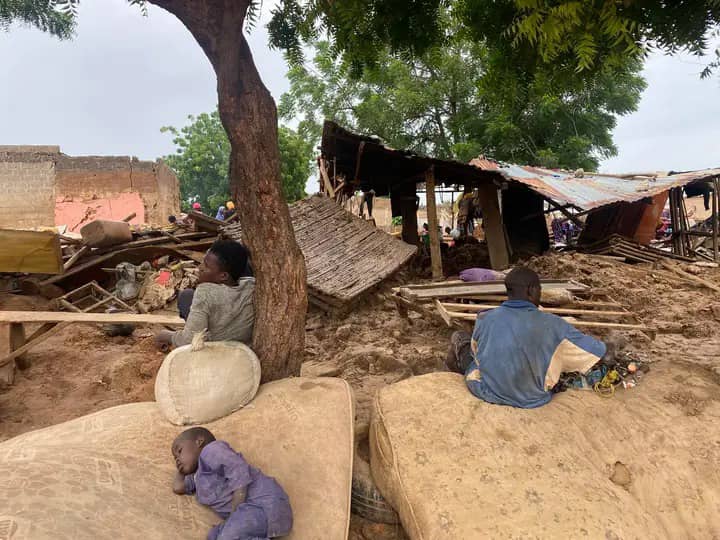
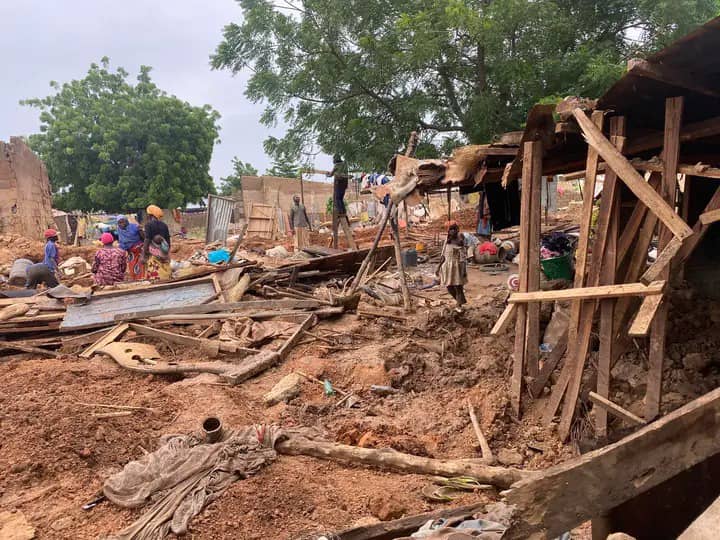
SEMA highlighted key collective responsibilities including scaling up investments in early warning systems to ensure alerts reach the last mile, strengthening community-based disaster risk reduction initiatives, reinforcing critical infrastructure to withstand extreme weather events, and pooling resources to maximize impact, avoid duplication, and guarantee swift, life-saving assistance.
In July 2025, the Nigerian Meteorological Agency (NiMet) predicted floods in several Nigerian states, including Yobe in the northeast, as an early warning following the 2024 devastating floods which displaced thousands of households and destroyed farmland worth millions of naira.
Earlier, on August 15, the National Emergency Management Agency (NEMA) confirmed that 21 communities across five wards of the Potiskum Local Government Area were affected by heavy rainfall that led to flooding in Yobe State.
The report said 1,261 households were displaced and 12,470 individuals affected by the 2025 flood.
Experts called on the government and non-governmental organizations, alongside their ongoing efforts in desilting and draining waterways, to intensify actions to curb future flood occurrences.
